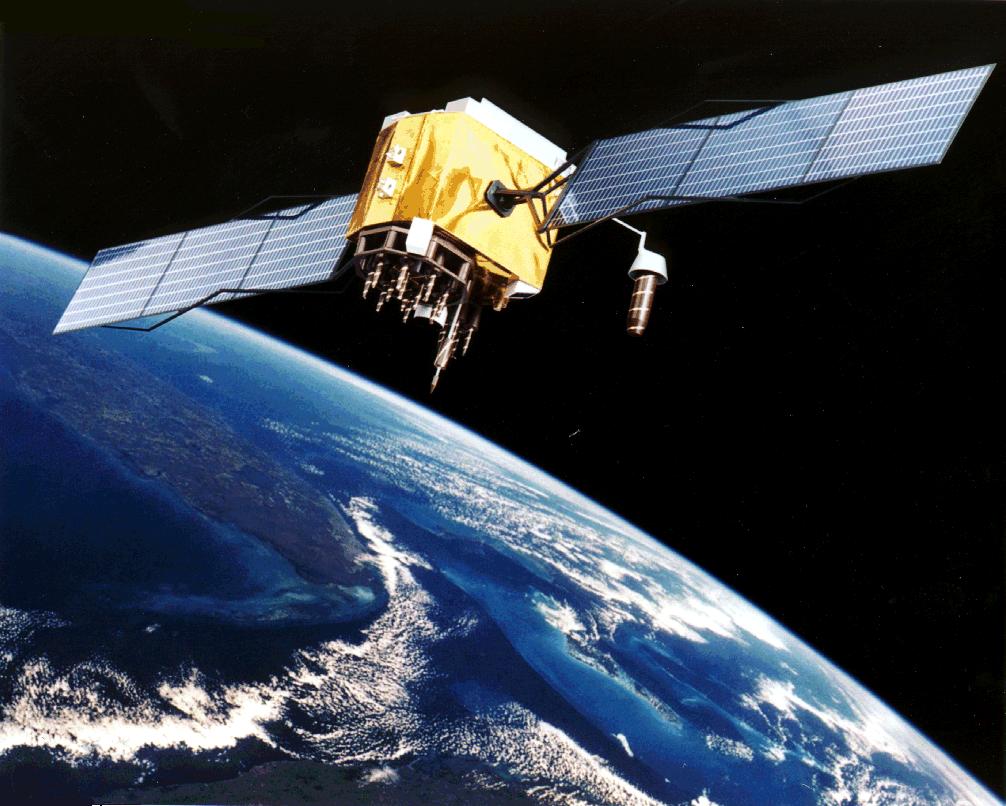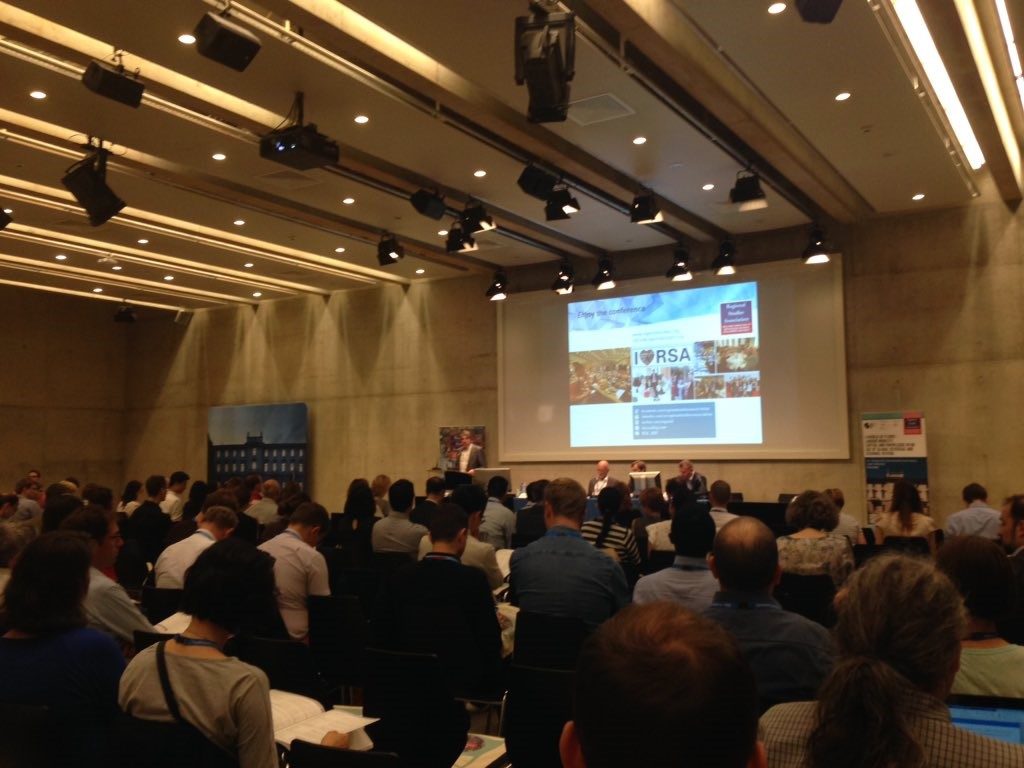 Last week, a team from City-REDI attended the RSA Annual Conference in Lugano, Switzerland. In this blog, Dr Chloe Billing provides a summary of the paper she presented at the conference, her co-authors include Professor Raquel Ortega-Argiles, Dr Tasos Kitsos and Dr Wen Chen (University of Groningen). The paper is a ‘spinoff’ from the City-REDI, ESRC-UKICE Project – the Economic Impacts of Brexit on the UK, its Sectors, its Cities and its Regions – building on the team’s data from the interregional extensions to the World Input-Output Database model.
Last week, a team from City-REDI attended the RSA Annual Conference in Lugano, Switzerland. In this blog, Dr Chloe Billing provides a summary of the paper she presented at the conference, her co-authors include Professor Raquel Ortega-Argiles, Dr Tasos Kitsos and Dr Wen Chen (University of Groningen). The paper is a ‘spinoff’ from the City-REDI, ESRC-UKICE Project – the Economic Impacts of Brexit on the UK, its Sectors, its Cities and its Regions – building on the team’s data from the interregional extensions to the World Input-Output Database model.
The UK-EU Brexit trade negotiations are currently unpredictable and a source of uncertainty for industrial sectors on both sides of the channel. Each sector will be affected differently, some will be more sensitive and susceptible to change than others, depending on how they organise their production, their sources of competitiveness and how resilient they are. The space sector has been identified as one that is most likely to be impacted by Brexit because of the geographical fragmentation of its value chains. This paper explores this issue and addresses the following research questions:
- What is the average level of Brexit-exposure of the UK space sector (employment, or value added, that currently crosses a UK-EU border at least once)?
- What are the key Brexit-related challenges facing the UK space sector?
Our interest in this sector specifically is three-fold. First, it generates £13.7 billion of income for the UK economy, employs 38,500 and has a labour productivity 2.7 times the national average. Second, satellite technology forms part of the UK’s Critical National Infrastructure, with applications being used in defence, the emergency services, environmental monitoring, flood response and other essential functions of the state. Third, although outer space is a unique environment, the production of space hardware and the provision of satellite applications are grounded in the economy. Consequently, features of the space sector, such as individual manufacturing and service tasks are common across other sectors, such as consumer electronics, automotive and aviation – meaning it is possible (to an extent) to generalise the findings.

A mixed methods approach has been applied to this research, involving both quantitative and qualitative techniques. It was important to have both, as different approaches were required to address the two research aims. The methods include:
- Calculating the sector’s exposure level to Brexit. This builds on the existing sector analysis that has been carried out by the wider project team [Los, B., Chen, W., McCann, P., Ortega-Argiles, R. (2017) An Assessment of Brexit Risks for 54 Industries: Most Services Industries are also Exposed, City-REDI Policy Briefing series, December 2017] and is based on a weighted average derived from firm-level information
- 20 in-depth interviews with stakeholders from across the space sector
This data collection is still ongoing, but we were able to share some initial findings at the RSA conference. For example, we have found that Brexit poses three key challenges for UK space firms. They are as follows:
- Operations Management – Space is an export-focussed sector, which involves very complex value chains, requiring different levels of sub-contracting across International borders. Therefore, anything that makes this model become costlier or causes frictions at European borders may have an adverse effect on the competitiveness of the UK sector.
- Investment – Without investment it will limit the innovation in future technologies, impacting on the future competitiveness of the sector. Investment is particularly important in this sector given the intensity of Research & Development (the space industry spends 6.5 times more on R&D in value terms, compared to the UK average).
- Supply of labour – any potential suspension of the freedom of movement will restrict the supply of highly-skilled personnel which the sector relies on. A recent report by the DEXEU on this outlined that non-UK nationals are estimated to constitute 11% of the space sector workforce.
There is also an institutional funding narrative surrounding Brexit and the space sector which we will explore in the paper. For example, because of Brexit, there is a threat of the UK being locked out of future space projects funded by the European Commission (such as Galileo and Copernicus). This decision is a response to the European Space Agency’s rule that it will only allow EU member states to be lead contractors on the Galileo work after 29 March 2019 when the UK is scheduled to leave. The contracts at state could be worth €400 million to British space companies, and the Financial Times reported that Galileo-related services and applications could be worth €6 billion by 2025.
To ensure that all was not ‘doom and gloom’ we also presented a set of recommendations for dealing with the Brexit-related challenges facing the sector. They included:
- Reduce the degree of uncertainty by encouraging the government to present a clearer idea of the likely direction of change – this will give investors a greater level of confidence.
- Ensure access to skills – skills development and training will help to address any imbalances between the availability of human capital and workforce demand in the UK.
- National Space Programmes – this could potentially provide a substitute for the European funding programme, such as Galileo and Copernicus.
- Regulation – more favourable UK space regulation could provide further impetus to space activity within the UK economy, currently, this has the reverse effect of inhibiting UK space firms.
Next steps for the development of our paper are for us to: (i) access company level microdata (such as employment and turnover) to help characterise the firms and improve the accuracy of the exposure weightings; (ii) continue the interview process with key stakeholders across the industry; and (iii) investigate the geography of the space sector in the UK, highlighting regional impacts.
This blog was written by Dr Chloe Billing, Research Fellow, City-REDI, University of Birmingham
Disclaimer:
The views expressed in this analysis post are those of the authors and not necessarily those of City-REDI or the University of Birmingham
To sign up for our blog mailing list, please click here.
